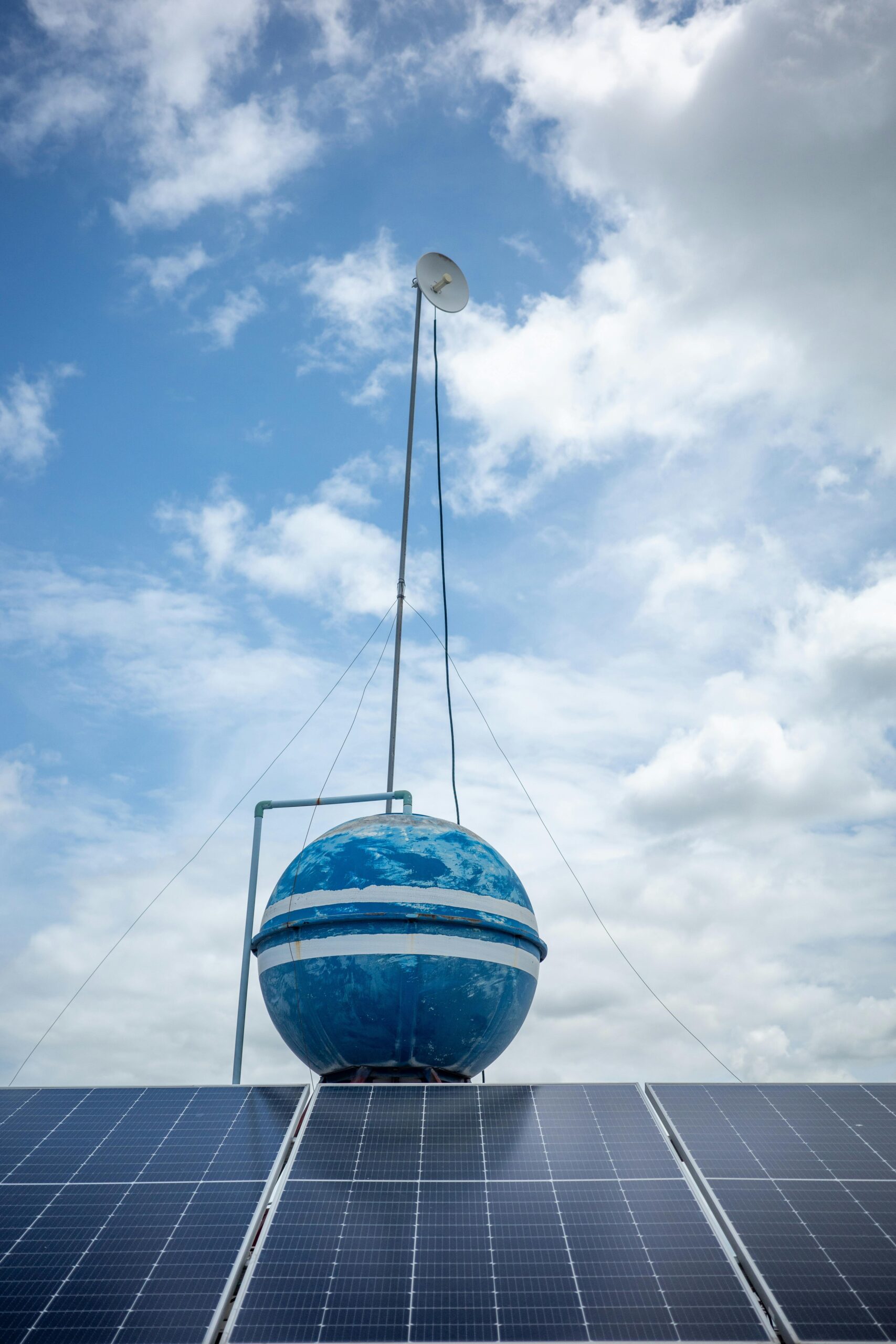In the world of renewable energy, innovation is happening faster than ever. One of the most exciting breakthroughs reshaping the industry is the rise of Flexible Solar Panels — lightweight, bendable, and efficient energy solutions that could transform how we generate power on the go. As Future Technology Trends continue to drive innovation, flexible solar panels are emerging as a key player in portable and sustainable energy systems.
What Are Flexible Solar Panels?
Conventional solar panels are made solely of rigid silicon wafers that weigh a lot and are hard to install in non-standard places. But, at the same time, the use of flexible solar panels is the invention of new materials like amorphous silicon, CIGS (copper indium gallium selenide), or organic photovoltaics (OPV). These materials make the panels able to do anything from bending to rolling and even curving without breaking, thus, there is a new range of applications has been opened up for the technology.
Think of it: charging your gadgets while on a hiking trip, running your RV, or applying solar film on the sloping surface of a car or on the tent? The flexibility of solar panels makes them the best choice for people who are after portable renewable energy solutions.
Advantages of Flexible Solar Panels
Flexible solar panels are not only easy to be easily use, they are also changing the perception of solar tech. The following are the reasons why:
1. Portability and Lightweight Design
These panels weigh only about 10-20% of what traditional solar modules weigh, which is why they are considered perfect for outdoor activities, trips, or emergency cases.
2. Durability
Flexible panels, unlike glass-covered ones, can withstand vibrations, impacts, and even light bending. Thus, they can be used on boats, caravans, and other movable platforms.
3. Easy Installation
Flexible panels can be secured using adhesives or Velcro rather than heavy frames. The installation process is straightforward and, therefore, time and money-saving.
4. Versatility
They can be used for remote control systems, wearable gadgets, and vehicles — all the places where rigid panels simply won’t fit.
Challenges and Current Limitations
While the technology is promising, flexible solar panels are not without drawbacks. Their efficiency rates (10–15%) are still lower than traditional silicon panels (20–23%). Additionally, durability and long-term exposure to harsh elements like UV radiation and humidity can degrade their performance over time.
Manufacturers and researchers are actively working on improving materials and encapsulation methods to enhance their lifespan. Innovations inspired by Future Technology Trends and Future Technology Trends are helping drive these advancements at a rapid pace.
The Role of Future Technology Trends
As highlighted by Future Technology Trends, Flexibility, adaptability, and eco-friendliness are the main features of the next era of renewable energy systems. One of the best examples of this is the emergence of flexible solar panels. Their efficiency and durability are, to a great extent, guaranteed by the new technologies such as perovskite solar cells and multi-junction thin films.
In addition, printable solar technology—the capability to apply solar materials on flexible substrates—may soon render custom solar sheets available on demand. This breakthrough may change the course of developments in portable electronics and smart fabrics as well.
The Future of Portable Renewable Energy
As the world’s thirst for clean energy rises, flexible solar panels are likely to help increase accessibility of sustainable power to a great extent. Their capability of harnessing the sun’s energy at any location—without the need for heavy installations—renders them the best option for off-grid living, relief operations after calamities, and working in isolated areas.
As Future Technology Trends continue to evolve, flexible solar panels are positioned to bridge the gap between convenience and sustainability. They represent not just an upgrade in solar design, but a major leap toward a greener and more mobile future.
Conclusion
Flexible solar panels are not just a novel technology, but also indicators of the emerging portable renewable energy. The global aspirations for sustainability and mobility are well matched with their light weight and adaptability. The modern technology behind the latest Future Technology Trends, this innovation could soon make solar power as common and accessible as portable batteries are today.





